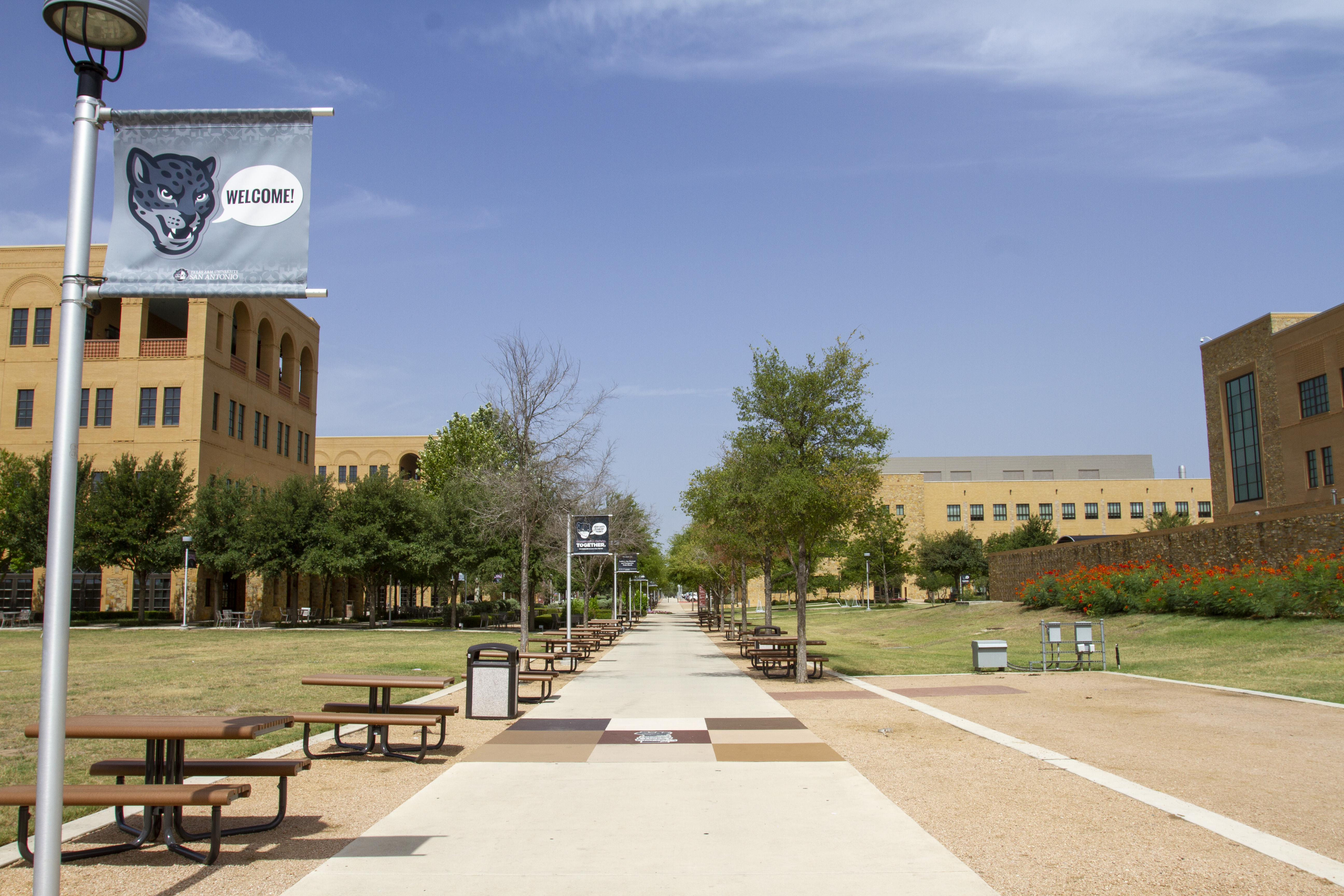Frequently Asked Questions
Why get a counseling degree?
There is high need in Texas for clinicians prepared and trained to work with diverse populations. U.S. Bureau of Labor Statisticssays this field, CMHC, will grow up to 22% over the next 10 years.
What are prerequisites for admission?
Individuals with a bachelor’s degree and an interest in developing the skills necessary to be effective mental health professionals should apply. Applicants interested in School Counselor Certification will need to document two years of teaching experience in an accredited school.
Applicants may apply for fall, spring or summer semesters to begin. Once application is complete, applicant will be contacted for an admission interview with select faculty.
How much does it cost per year?
The cost for attendance (fees/tuition) changes occasionally, but Texas A&M University-San Antonio has one of the lowest tuition rates in the San Antonio area. Please consult financial aid for detailed information.
What degree programs are in the counseling program?
Students choose from three degree programs — (1) Master of Arts in Counseling & Guidance: School Counseling, (2) Master of Arts in Clinical Mental Health Counseling, and (3) Master of Arts Marriage, Couple and Family Counseling — The graduate advisor or faculty members can assist students in choosing the appropriate track for their professional and personal goals.
Can I work while I seek my Master of Arts degree?
The majority of students in the counseling program do work either part-time or full-time while pursuing their degree. Students in school counseling program are usually either current or past educators in school settings.
Why are there three internships and one practicum? Is the program CACREP accredited?
Due to accreditation and Texas licensing requirements, students are required to complete 100 hours of practicum and 600 hours of internship. The hours are divided across 4 classes to help students manage their hours and gain a variety of counseling experiences. In addition, they have sufficient feedback and training before they graduate and enter the counseling field.
Our programs have adopted standard CACREP requirements. However, we are currently working towards CACREP accreditation.
How many students are in your counseling program and what are typical class sizes?
Currently, our program includes approximately180 students. The counseling program prides itself on a lower student to teacher ratio, on average the ratio is 12:1 or less per class.
Do I need a teacher certificate to become a school counselor?
No, however Texas requires a minimum of two school years of classroom teaching experience in a public or accredited private school. The teaching experience is evaluated by the counselor preparation program. Classroom teacher means an educator who is employed by a school district and who, not less than an average of four hours each day, teaches in an academic instructional setting or a career and technology instructional setting. Substitute teaching experience would not normally be accepted for certification purpose. Out of state teaching experience will be reviewed by school program coordinator prior to admission in school counseling program.
How many credits are required?
Sixty credit hours are required for the Master of Arts in Clinical Mental Health Counseling, and Master of Arts Marriage, Couple and Family Counseling. Fifty-one credit hours are required for the Masters’ in Counseling and Guidance, School Counseling.
How long does the program take?
The length of the program depends on course load and sequencing of courses. Students may be either part-time or full-time.
What time of day are the classes held?
Classes are scheduled Monday- Thursdays.
During fall and spring semesters, classes are typically scheduled from 5:25-6:50 p.m. and 7:00-9:45 p.m. During the Summer five-week and ten-week terms, class times may vary, but are usually scheduled late afternoon and evening.
How does the Masters of Arts – Marriage, Couple and Family counseling qualify a student for the job market?
The job market is good for students earning their Master’s degree in Marriage, Couple and Family Counseling (MCFC). Students in the MCFC Program are well-prepared for licensure as Licensed Professional Counselors in Texas and find jobs after graduation in clinics, agencies, schools, and hospitals. The State of Texas Labor Analysisindicates that the field of Marriage, Couple, and Family Counseling will grow up to 26 % over the next 10 years.
Is parking a problem?
There are multiple parking lots located close to the various buildings on campus.

